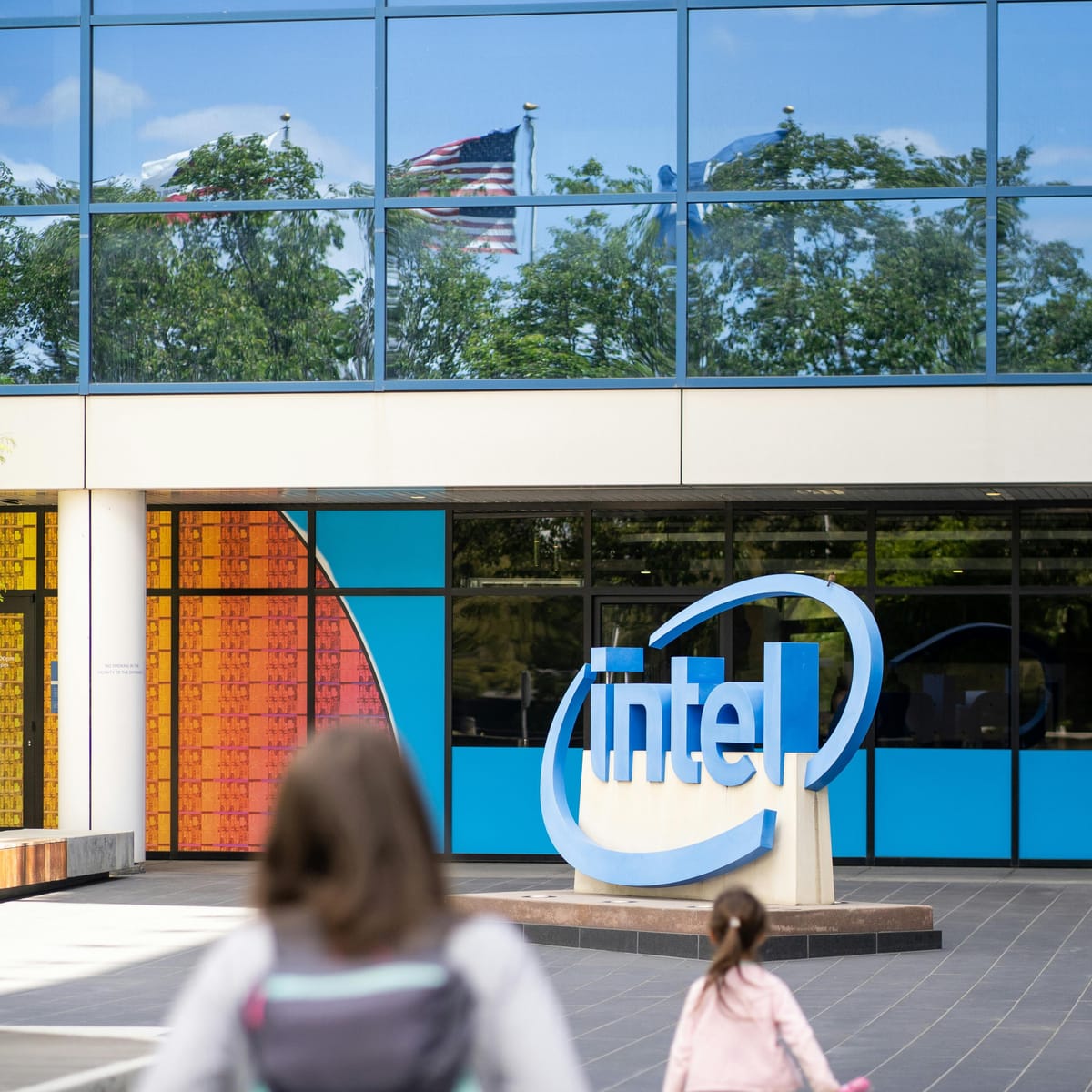Intel Slashes 500+ Oregon Jobs in Latest Wave of Tech Industry Layoffs
Intel Corporation has announced plans to eliminate over 500 positions at its Oregon facilities, marking the latest chapter in the semiconductor giant's ongoing restructuring efforts amid a challenging economic climate for the tech industry.
The layoffs, which represent a significant workforce reduction at Intel's largest campus, underscore the mounting pressures facing even the most established technology companies as they navigate declining demand, supply chain disruptions, and increased competition in the global semiconductor market.
Intel's Oregon Operations Feel the Pinch
Intel's Oregon facilities, primarily located in Hillsboro and known as the company's largest campus worldwide, employ approximately 22,000 workers. The elimination of 500+ positions represents roughly 2.3% of the Oregon workforce, though the company has indicated these cuts are part of a broader global restructuring initiative.
The affected positions span multiple departments, including engineering, manufacturing, and administrative roles. Intel has stated that impacted employees will receive severance packages and transition support, though specific details about the compensation structure have not been disclosed.
Part of a Larger Industry Trend
Intel's decision comes as the broader technology sector grapples with a perfect storm of economic challenges. The semiconductor industry, in particular, has experienced significant volatility following the pandemic-era boom that saw unprecedented demand for chips used in everything from smartphones to automotive systems.
Recent data from the Semiconductor Industry Association shows that global semiconductor sales declined 8.2% year-over-year in recent quarters, contributing to widespread cost-cutting measures across the industry. Major competitors including AMD, Nvidia, and Qualcomm have also announced workforce reductions in recent months.
Economic Pressures Drive Strategic Restructuring
The Oregon layoffs are part of Intel's broader $3 billion cost-reduction program announced earlier this year. The company has been working to streamline operations while investing heavily in new manufacturing capabilities and research and development initiatives.
CEO Pat Gelsinger has emphasized that these difficult decisions are necessary to position Intel for long-term competitiveness in an increasingly challenging market. The company faces pressure from both traditional competitors and emerging players in artificial intelligence and advanced computing segments.
Regional Economic Impact
The job cuts will have ripple effects throughout Oregon's economy, particularly in the Portland metropolitan area where Intel serves as a major employer. The company has been a cornerstone of the region's technology sector for decades, with its presence attracting numerous suppliers, contractors, and complementary businesses.
Local economic development officials have expressed concern about the broader implications for Oregon's tech ecosystem, though they note that Intel's continued investment in facility upgrades and new technologies suggests a long-term commitment to the region.
Looking Ahead: Industry Transformation
Despite the current challenges, Intel continues to invest heavily in its Oregon operations, including a multi-billion-dollar expansion of its manufacturing capabilities. The company is building new fabrication facilities designed to produce next-generation semiconductors, which are expected to create thousands of jobs in the coming years.
This apparent contradiction – cutting jobs while expanding capacity – reflects the industry's ongoing transformation. Modern semiconductor manufacturing requires fewer workers but demands higher skill levels and more specialized expertise.
Market Response and Future Outlook
Intel's stock has shown mixed reactions to the announcement, with investors balancing concerns about current performance against optimism about the company's long-term strategic positioning. Analysts note that while the layoffs signal short-term challenges, Intel's continued investment in advanced manufacturing capabilities could position it well for future growth.
The semiconductor industry is expected to recover as global economic conditions improve and demand for advanced chips increases, driven by artificial intelligence applications, 5G networks, and the continued digitization of various industries.
Key Takeaways
Intel's decision to eliminate over 500 Oregon positions reflects the broader challenges facing the semiconductor industry amid economic uncertainty and shifting market dynamics. While painful for affected employees and the local community, these cuts are part of a strategic restructuring aimed at maintaining competitiveness in a rapidly evolving market.
The layoffs highlight the cyclical nature of the tech industry and the ongoing transformation of semiconductor manufacturing. As Intel continues to invest in next-generation capabilities while managing current economic pressures, the company's Oregon operations remain central to its long-term strategy, even as the workforce adjusts to new realities.

